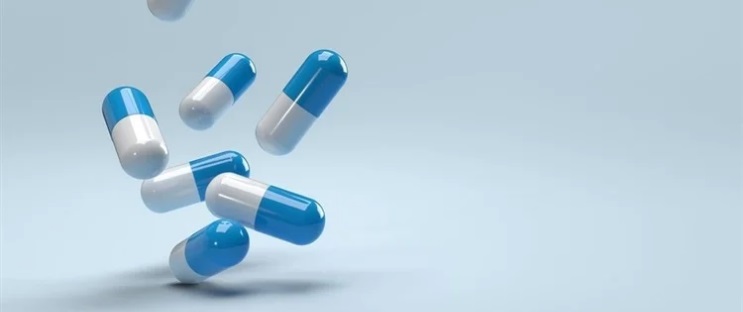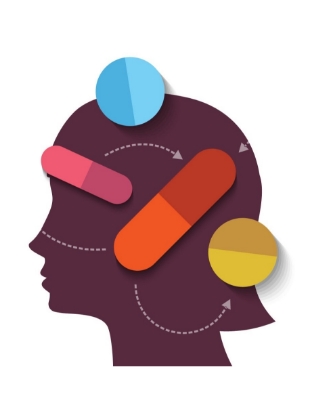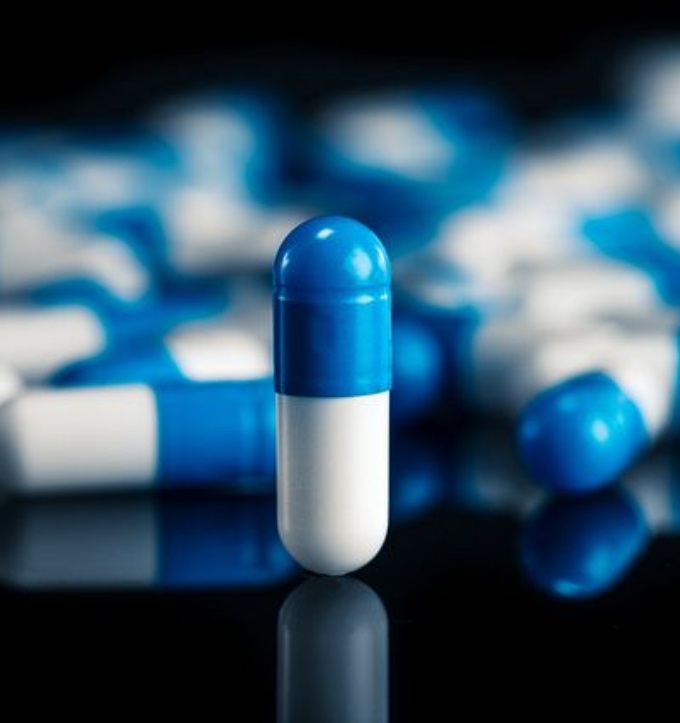Our greatest glory is not in never failing, but in rising up every time we fail.
Ralph Waldo Emerson


4.9 million people abuse stimulants annually. Teens and college students often misuse prescription stimulants to improve their grades, and older adults misuse them to try and improve their memory.
Groundbreaking research is increasing the evidence that "study drugs" aren't providing the benefits some claim - stimulant misuse is associated with lower odds of obtaining a college degree.

A stimulant is a drug that excites your central nervous system, meaning you experience a rise in alertness, attention, energy, elevated blood pressure, heart rate, and respiration. Amphetamines were originally developed as a decongestant in 1929 and then began to be commonly prescribed for narcolepsy and depression. Today prescription stimulants are considered the first-line treatment for Attention Deficit Hyperactivity Disorder (ADHD) in the United States.
The severity of the symptoms are directly related to the amount used. If someone were to use more of the drug, these symptoms would become more pronounced.
Short Term Effects
Long Term Effects
Overdose




Prescription stimulants are either Schedule II or Schedule III, depending on their medical usefulness, abuse potential, safety, and drug dependence profile. Don’t be fooled, though, by the medical nature of these drugs, even legal drugs can get you into a lot of trouble. The following instances are illegal, even with legal drugs:
Possessing or consuming a prescription drug without a lawful prescription
Obtaining prescription drugs by fraud or doctor “shopping” (going to multiple doctors to obtain multiple prescriptions)
Forging a prescription
Selling prescription drugs, whether the original prescription is yours or not
Even driving under the influence of prescription drugs can be a punishable offense.
If you are prescribed stimulants, how can you keep your friends and family safe?
Remember your first day of Kindergarten when your teacher is going on about the rules?
These are largely still true. However, when it comes to prescription drugs, sharing is definitely not caring. Say your friend really needs to study all night to cce that test and they ask you for one of your ADHD meds. You are torn, because you want to help your friend out, of course, but you know you’re not a doctor. When a doctor writes a prescription, they consider the person’s size and check for allergies and potential bad interactions with other medications the person might be taking. When you decide to share your prescription drugs, you are bypassing these important safety measures, putting both yourself and your friend in danger. You don’t want that kind of responsibility, or regret, if something bad were to happen. Sharing is never caring when it comes to prescription drugs.
What can you do with all those leftover pills?
Many people have multiple prescriptions just lying around their house, for just in case... just in case may turn into a very problematic situation. Instead of letting old prescriptions lie around waiting to tempt someone, get rid of them safely!
